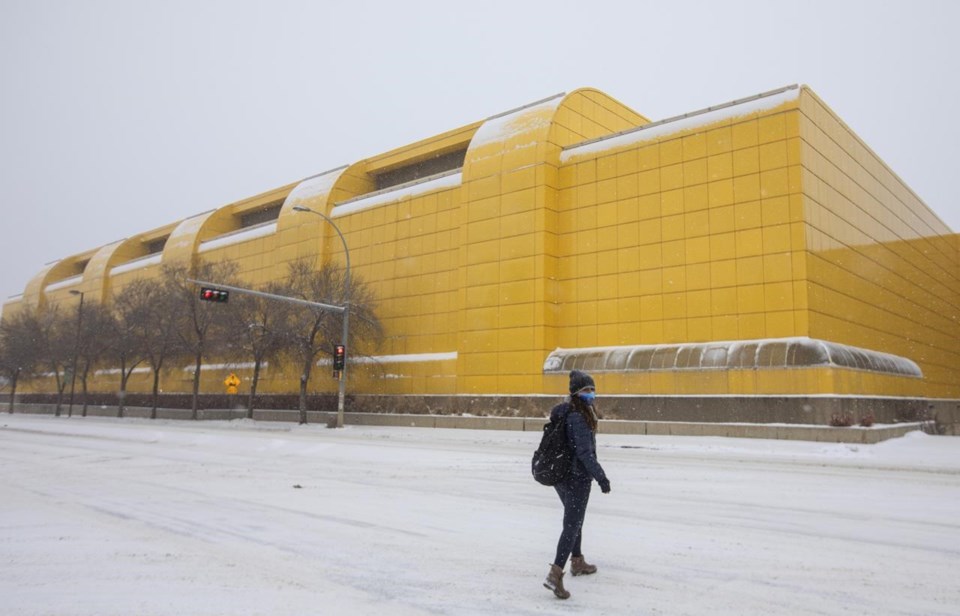EDMONTON — Alberta’s big three research universities are extending online learning because the Omicron variant of COVID-19 is spreading rapidly.
The University of Alberta, the University of Calgary and the University of Lethbridge say virtual classes will continue for another six weeks.
Students who have been online since their return from the holiday break are to go back to their campuses on Feb. 28.
The schools say data shows that Omicron cases continue to rise and won’t peak until late this month or early February, making it prudent to extend online classes.
“Thus far, this variant has led to fewer hospitalizations than previous variants, but it is very contagious,” University of Calgary president Ed McCauley said in a statement Friday on the school’s website.
“Our decision to temporarily hold off on returning to in-person teaching and learning will allow the University of Calgary to play its part in reducing the spread.”
All three universities will remain open, but with physical distancing and other COVID-related health rules in place.
“Fewer people on our campuses means greater physical space for those who must complete their work and learning activities in-person,” said University of Alberta president Bill Flanagan in a statement.
“It also means fewer points for close contact, which ensures that we keep the community as safe as possible while maintaining key in-person courses as well as critical operations and services.
“Our announcement today is a commitment to return to campus, at the right time.”
The Opposition NDP says Premier Jason Kenney’s United Conservative government must take responsibility for not providing the resources all schools needed to prepare for Omicron, including high-quality N95 masks, rapid tests, air quality audits and upgrades.
“The burden of making these important health decisions continues to fall onto the schools after the UCP cut their budgets by $690 million,” said NDP advanced education critic David Eggen.
“The UCP refuses to support these universities, colleges, and polytechnics through the pandemic, and it is students, staff and faculty who are paying the price for the UCP’s negligence.”
Alberta had just over 64,000 active COVID-19 cases Friday, the highest ever during the pandemic.
Dr. Deena Hinshaw, the province's chief medical officer of health, says the actual number is likely 10 times that number, given that testing can no longer keep up with the sheer volume of COVID-19 cases. Alberta's test positivity rate was at almost 41 per cent.
There were 822 people in hospital with the illness, up from 786 a day earlier, including 81 in intensive care.
Hinshaw has said data shows those who are immunized are less likely to require critical care, but cautioned Omicron still has the potential to swamp hospitals with patients and buckle the health system.
Alberta kindergarten to Grade 12 students went back to in-person learning this week after a weeklong extension of the winter break to prepare for Omicron.
Schools are receiving extra masks and rapid test kits, but Kenney said Thursday that shipments of millions of tests from the federal government are delayed with no new delivery date set.
This report by The Canadian Press was first published Jan. 14, 2022.
Dean Bennett, The Canadian Press



